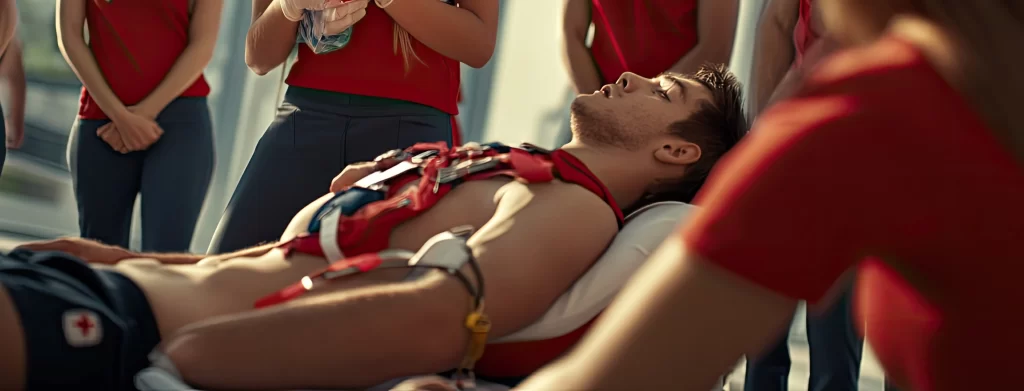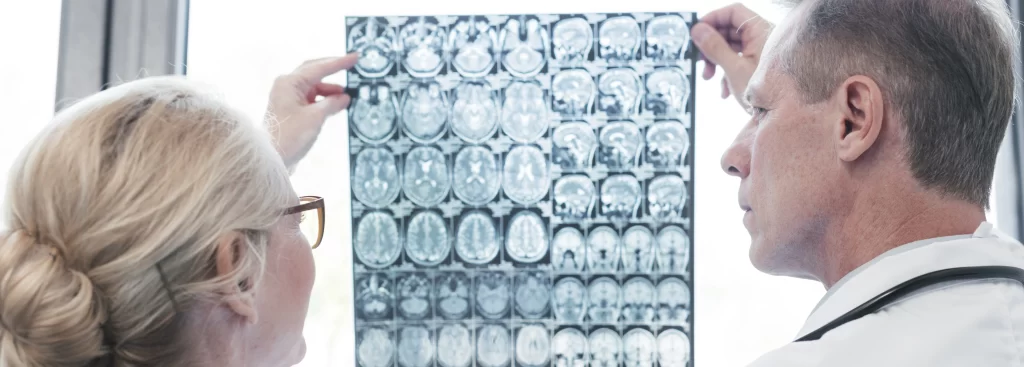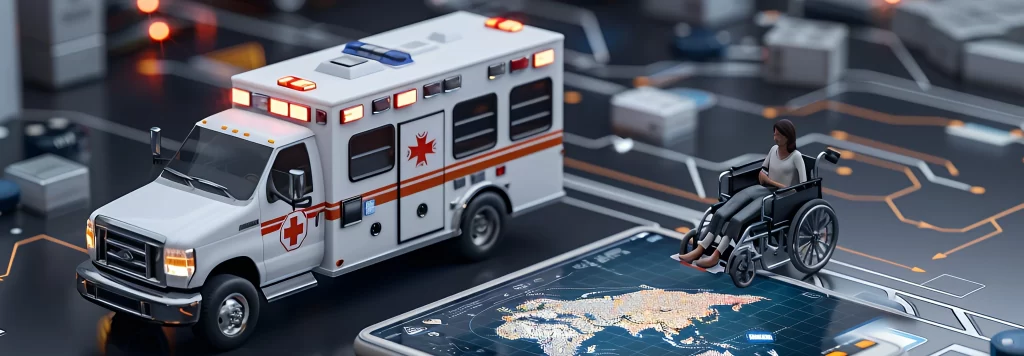In the United States, more than 4 million Americans require medical transport services every year. A lot of people are concerned about the safety aspect of transporting an elderly person who needs assistance to and from their doctors’ appointments. Non-emergency medical transportation of the elderly can be a tricky business. Whether you’re taking your loved one to the doctor or transporting them to a long-term care facility, it’s important to take precautions to ensure their safety. To help minimize any potential injury or risk, it is important to follow important tips for transporting the elderly.
Here are some tips for safe medical transportation for the elderly.
Well Equipped BLS Transportation
There are a number of things to keep in mind when transporting elderly patients. First and foremost, always use non-emergency medical transportation services. These services are designed specifically for medical transport, and they have the experience and equipment to ensure a safe and comfortable journey.
Communicate Your Needs Beforehand
The second tip you should follow while using transportation services in Philadelphia for elderly people is to make sure to communicate with the transport service in advance. Let them know about any special needs or requirements that your elderly patient may have. This will help them to make any necessary accommodations.
Carry All the Medical Records
It might be possible that senior people who are using non-emergency medical transportation have many diseases, so make sure that you already have their complete medical history so, in case of emergency, you can assist them and provide first aid without facing any difficulty.
Keep Them Hydrated
Dehydration is a serious problem for elders, especially those who are ill or are taking certain medications. During non-emergency medical transport, it’s important to make sure that elders stay hydrated by giving them enough fluids. Some simple steps that can be taken to help prevent dehydration include offering elders water or juice at regular intervals, making sure that they stop to use the restroom frequently, and monitoring their urine output. By taking these steps, we can help to make sure that elders stay healthy and hydrated during medical transport.
Family Provision In The Transportation
Integrated medical transport should allow family members or caretakers to accompany the patients. This is important because it provides a sense of support and security for the patients, who may be feeling anxious or scared. It also allows for a familiar face to be present during what can often be a confusing and stressful experience.
These are the few basic tips that are necessary for the Safe non-emergency medical transportation of the elderly and are important for their health and safety. By following these tips, you can help ensure that your loved one receives the best possible care during their transport. Have you ever had to arrange safe medical transportation for an elderly loved one? What tips would you add to this list?
Safe and Reliable Medical Transport for the Elderly
Ensure the safety and comfort of your loved ones with Infina Health’s BLS transportation services. We are dedicated to providing secure, professional, and compassionate care on every journey.




